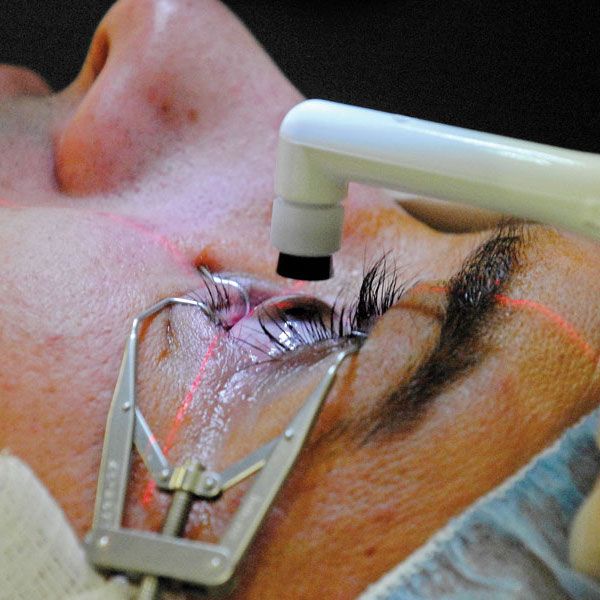Article
Cataract Surgery Increases Risk of Diabetic Retinopathy
Author(s):
Cataracts and diabetic retinopathy are the 2 leading causes of acquired blindness worldwide.

While surgery is the common answer to cataracts, there is very little understanding on the relationship between cataract surgery and the risk of diabetic retinopathy (DR).
A team, led by Yih-Chung Tham, PhD, Singapore Eye Research Institute, Singapore National Eye Center, assessed the risk of developing diabetic retinopathy following cataract surgery among patients with type 2 diabetes.
Currently, the leading cause of acquired blindness worldwide is cataracts and diabetic retinopathy. While extraction is the standard cataract treatment, this could increase the risk of developing diabetic retinopathy in individuals already suffering from diabetes. Patients with diabetic retinopathy are also at a higher risk of developing cataracts.
In the population-based cohort, the investigators examined patients recruited from the Singapore Epidemiology of Eye Diseases Study. The researchers examined a total of 1734 eyes from 972 patients with diabetes.
Each patients attended a baseline visit between June 2004 and March 2009, with a six-year follow-up visit conducted between June 2011 and July 2016.
The investigators defined eyes with incidence of diabetic retinopathy as those with the presence of any DR (level ≥15 based on the modified Airlie House classification system, graded from retinal photographs) at six-year follow-up with no diabetic retinopathy at baseline.
They also evaluated the association between cataract surgery and the incidence of diabetic retinopathy using a multivariable Poisson regression model with a generalized estimating equation to account for correlation between both eyes.
A total of 163 eyes in the study had already undergone cataract surgery at baseline, with 187 eyes undergoing cataract surgery at any time during the follow-up period.
Of the 350 eyes from individuals who underwent cataract surgery, 77 (22.0%) developed diabetic retinopathy.
For the 1384 eyes that never underwent cataract surgery, 195 (14.1%) developed the condition.
After the researchers adjusted for age, sex, race/ethnicity, baseline hemoglobin A1c level, duration of diabetes, random blood glucose level, antidiabetic medication use, hypertension, body mass index, and smoking status, they found that using multivariable regression analysis that any prior cataract surgery was linked to incidence of DR (RR, 1.70; 95% CI, 1.26-2.30; P = .001).
In a subgroup analysis, the investigators found similar associations in both Malay individuals (RR, 1.73; 95% CI, 1.13-2.69; P = .02) and Indian individuals (relative risk, 1.93; 95% CI, 1.33-2.80; P <.001).
“The findings of this population-based cohort study suggest that prior cataract surgery was associated with a higher risk of developing DR among individuals with diabetes. Further validation is warranted to confirm this association,” the authors wrote.
Results of recent meta-analysis suggest increased levels of physical activity and exercise could help prevent the incidence of age-related cataracts.
Using data from half a dozen studies, a team of investigators found increased physical activity was associated with a 10% decrease in risk of developing age-related cataracts later in life.
The study, “Association of Cataract Surgery With Risk of Diabetic Retinopathy Among Asian Participants in the Singapore Epidemiology of Eye Diseases Study,” was published online in JAMA Network Open.




